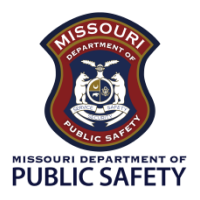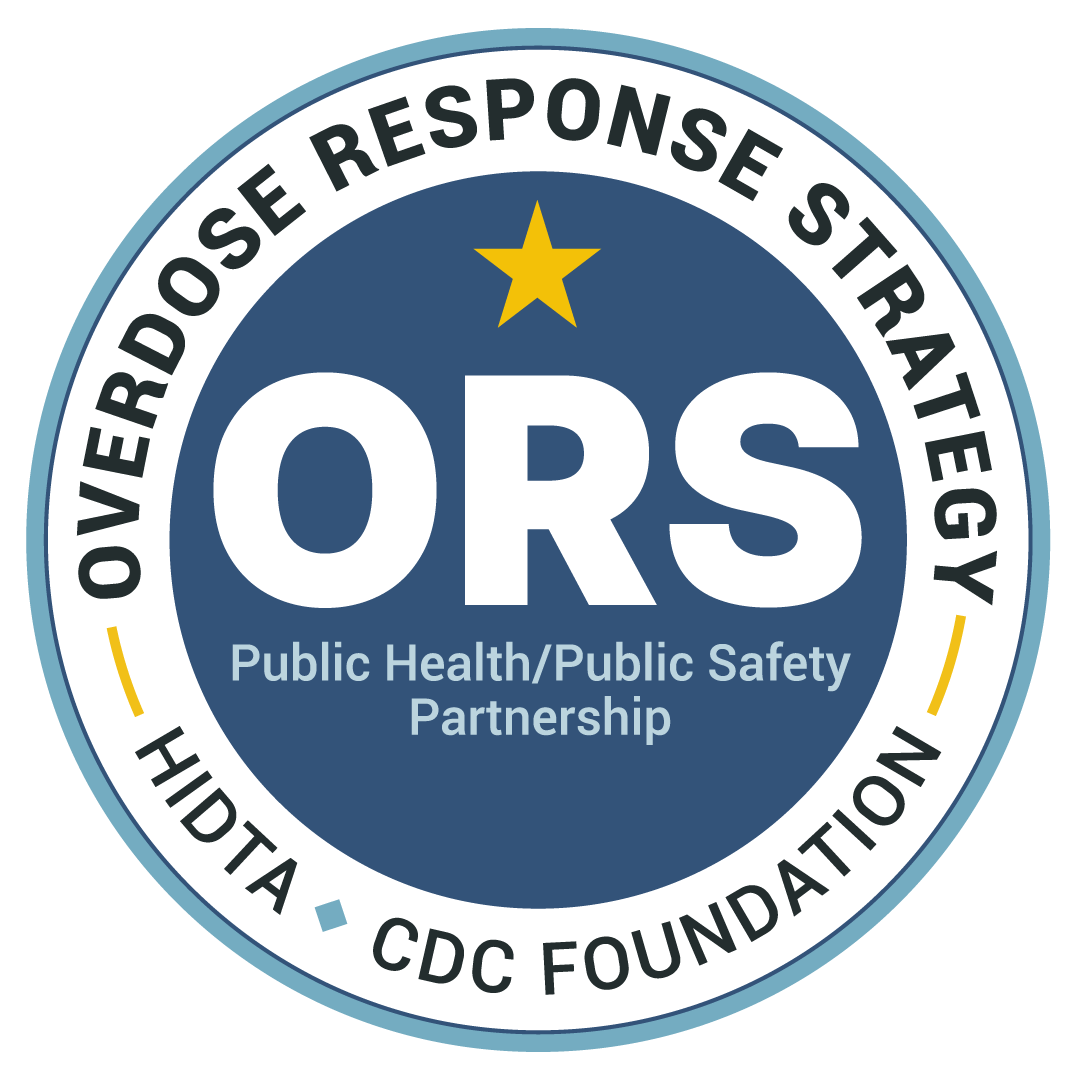Overdose Fatality Review (OFR) Description
What are Overdose Fatality Reviews?
Overdose Fatality Review (OFR) is a locally-based, multi-disciplinary process for understanding the risk factors and circumstances leading to fatal overdoses and identifying opportunities to prevent future overdoses. The basis of OFR – like all fatality reviews – is that overdose fatalities could have been prevented with the right action, timing, intervention and/or response.
What are the goals of OFRs?
The primary goals of OFRs in local communities are to better understand the context of these deaths and to take action to prevent future deaths. This is accomplished through:
- Recognizing and addressing gaps and barriers in services.
- Identifying underlying causes of substance use disorders.
- Determining prevention strategies targeting opioids and other substances.
- Developing recommendations for policy and program changes at local and state levels.
- Building a community of multi-disciplinary partners to collaborate across agencies.
Who participates in OFRs?
Participants include public health, district attorney’s office, coroner or medical examiner, medical and health care staff, emergency medical services, behavioral health, law enforcement, drug treatment, corrections and social services.
What is the review process?
An OFR is a systematic process used to examine the underlying causes of overdose fatalities in real time and problem solve.
This process includes:
- In-depth case reviews shared by multi-disciplinary partners.
- Timely information sharing and dissemination of findings.
- Identification of risk and protective factors.
- Identification of trends, gaps, and deficits within and across the already existing programs and systems designed to prevent and reduce overdose.
- Actionable recommendations to strengthen these programs and systems.





















